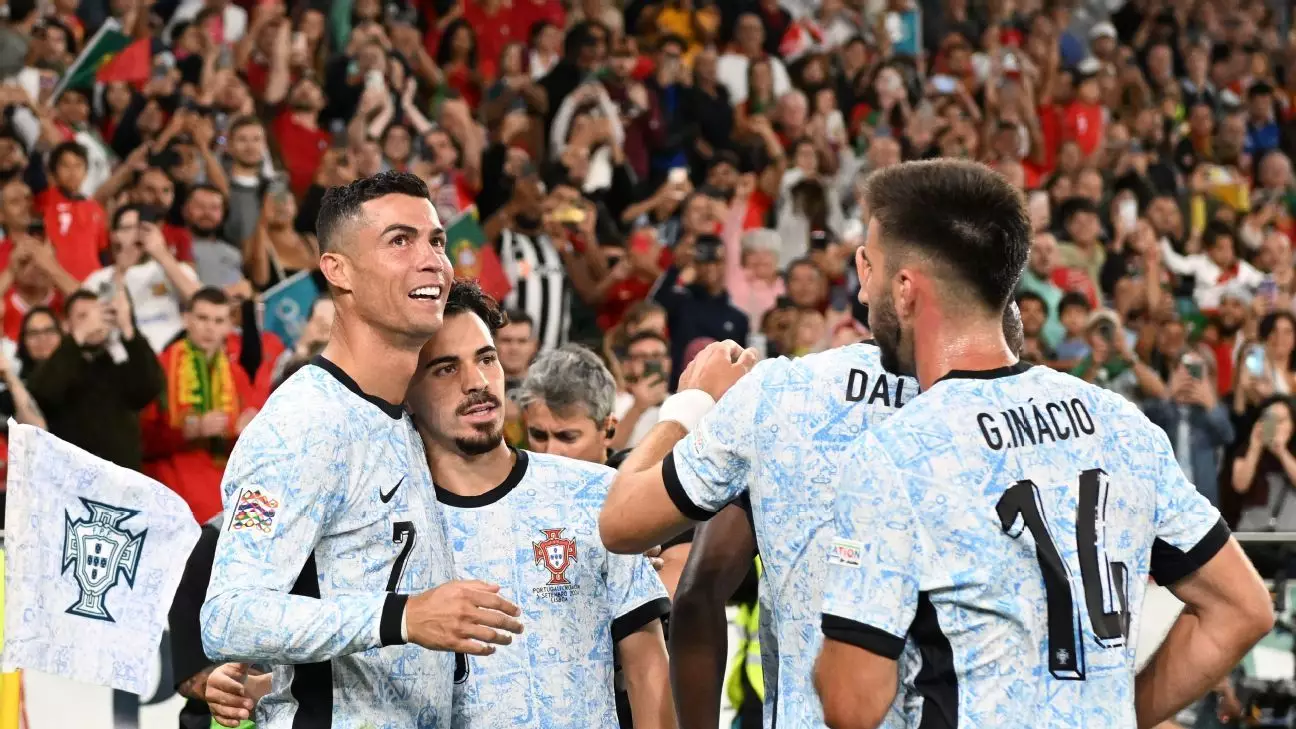Canada’s men’s national team has recently shown great promise in their Copa América debut, finishing fourth. With an identity and project worth supporting under manager Jesse Marsch, there is optimism for a historic run in the 2026 World Cup. The challenge for Canada will be to build upon their recent success and make it out of the group stage in the upcoming World Cup.
On the other hand, the US men’s national team faced a disappointing exit in the Copa América group stage, leading to the firing of former manager Gregg Berhalter. With Mauricio Pochettino reportedly finalizing his contract to lead the team, there is hope for a new dawn for US soccer. Pochettino’s experience and leadership qualities could be crucial in taking the team to the next level and preparing them for success on the international stage.
Argentina has been showcasing their strength in both defense and offense in recent matches, even without the presence of Lionel Messi. Manager Lionel Scaloni has been instrumental in shaping a team that can compete at the highest level, as seen in their performances in the Copa América and World Cup qualifiers. With young talents like Paulo Dybala stepping up in Messi’s absence, Argentina seems to have a bright future ahead.
Brazil, historically one of the strongest national teams in football, is currently facing a challenging situation in World Cup qualifiers. Sitting in sixth place in the standings, the team under head coach Dorival Júnior is struggling to find their form. With issues in talent depth and a lack of world-class players, Brazil’s path to the 2026 World Cup is uncertain. The presence of young talents like Endrick and Estêvão brings hope for the future, but immediate success will depend on the team’s performance in upcoming matches.
Cristiano Ronaldo’s pursuit of personal milestones, such as scoring 1000 goals, is commendable, but it raises questions about his impact on Portugal’s collective success in major tournaments. While Ronaldo’s individual brilliance is undisputed, his presence in the lineup could potentially hinder the development of younger players and affect Portugal’s chances of winning major competitions. Manager Roberto Martínez faces the challenge of balancing Ronaldo’s star power with the team’s overall performance in the upcoming years.
The international break has provided insights into the current state and future prospects of various national teams in world football. From Canada’s potential rise to Brazil’s struggles and Argentina’s transition post-Messi, the landscape of international soccer is evolving. As teams prepare for the 2026 World Cup, the focus is on building strong foundations, nurturing young talents, and finding the right balance between individual brilliance and collective success. The coming months and years will be crucial in shaping the destiny of these national teams on the global stage.
